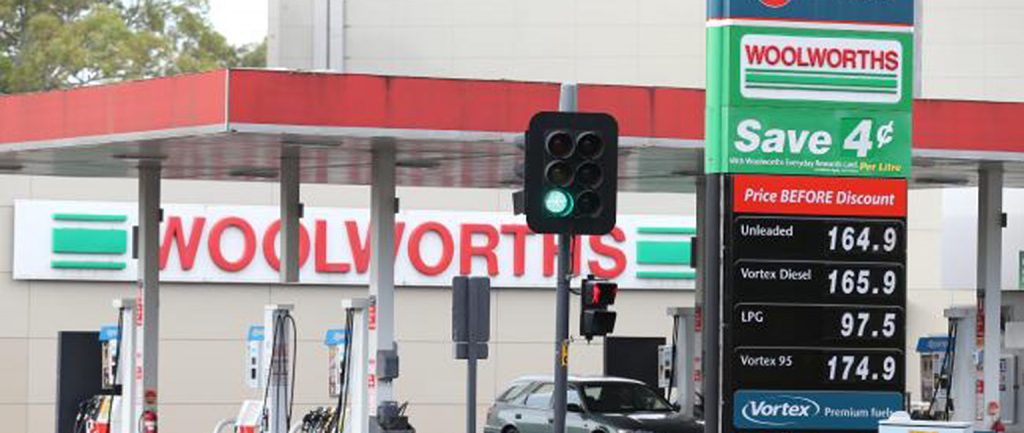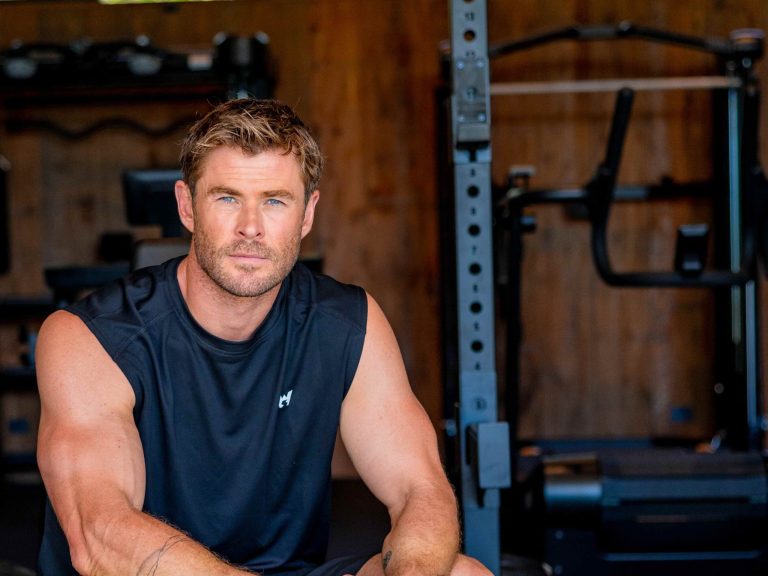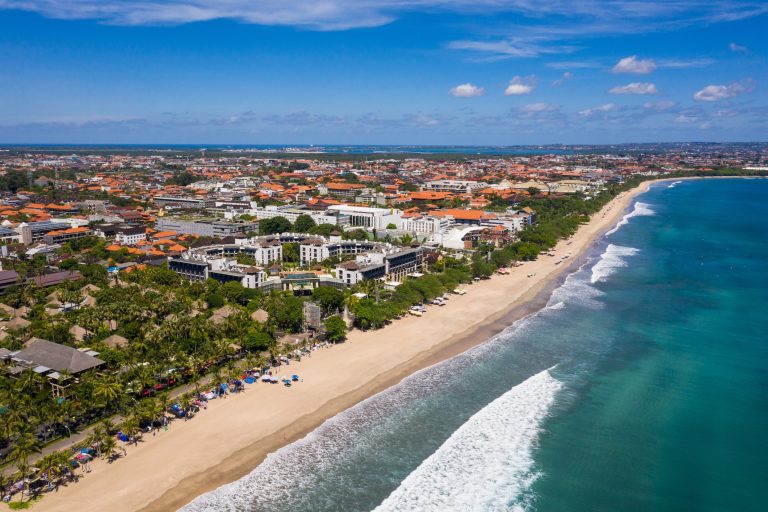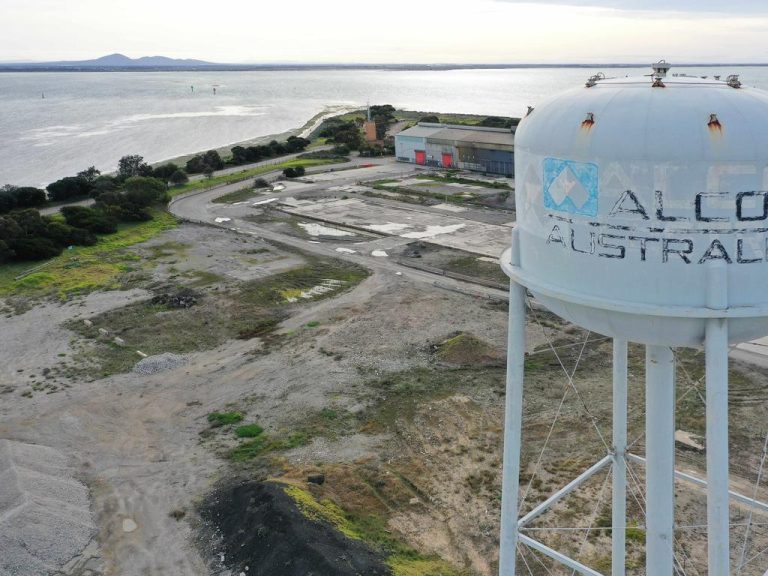Woolworths ponders sale of 430 petrol stations

Woolworths is poised to become a pure food and liquor retailer after decades of amassing a hotchpotch of retail assets, including a disastrous foray into hardware.
The supermarket group has finally conceded after months of speculation that its petrol arm could be up for sale.
Woolworths admitted it was evaluating whether to retain or dispose of its petrol business, which has 430 sites around Australia, of which more than two thirds are leasehold properties.
Ill-fated foray: Woolworths to sell Masters stores in December
In an update to the market yesterday, the retailer said it had yet to make a decision on whether to accept one of several offers for its petrol operation. It comes after The Australian’s DataRoom column revealed Caltex was in the final stages of negotiations on a deal with Woolworths.
Woolworths did not name the potential bidders involved, saying only it has received a number of “incomplete and conditional proposals” in relation to either a purchase of the entire business or the development of a “revamped convenience and loyalty offer”.
“Woolworths remains in discussions with a number of interested parties,” Woolworths said in a statement to the Australian Securities Exchange.
“No decision in relation to the future of the business has been made, and Woolworths wishes to advise that current discussions may not result in a transaction.”
The petrol business is estimated to be worth between $1.3 billion and $1.5 billion. In 2016 it posted sales of $4.61 billion , down 18.1%, with the decline mostly driven by changes to Woolworths alliance with Caltex in 2015, when sales at 131 Caltex-operated sites were no longer recognised by Woolworths.
It felt like the whole portfolio was on the blocks a few months back, but petrol has limited synergies with the food business
Caltex is viewed as the most likely bidder. Last month Caltex boss Julian Segal declared he would certainly be interested in scooping up the assets if they were for sale.
“Obviously if the assets were for sale, given our relationship with Woolworths going back to 2003, then we would be interested,” Segal says.
Woolworths has hived off several assets this year, including shutting down its Masters hardware chain and announcing it was looking for a buyer for its EziBuy online business. The key question for many investors is whether its loss-making general merchandise chain Big W and hotels investments will also be sold, which would leave it as pure-play food and grocery company with supermarkets and liquor stores.
“Woolworths’ food and liquor business has not had the focus on it that it should have had, and to the extent that Woolworths looks like it is trying to simplify its structure, it has to be a good thing,’’ says Perennial Value Management managing director John Murray.
“There are companies that can successfully run conglomerate structures. In Australia Wesfarmers is a good example of that. Brickworks and Washington H Soul Pattinson is another example, but they are few and far between.
“Is Big W something that can be restored to its former position? It may well be the Woolworths management and board have decided that it can’t be, in which case they may well decide to jettison it.”
Bruce Smith, principal and portfolio manager at Alphinity Investment Management, says many had known the petrol station portfolio might be sold.
“It felt like the whole portfolio was on the blocks a few months back, but petrol has limited synergies with the food business that couldn’t be achieved with a commercial arrangement and presumably there’s a willing buyer.”
This article originally appeared on www.theaustralian.com.au/property.







